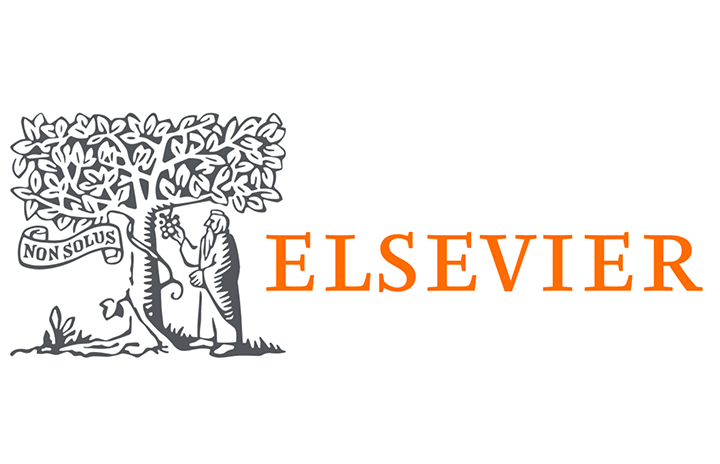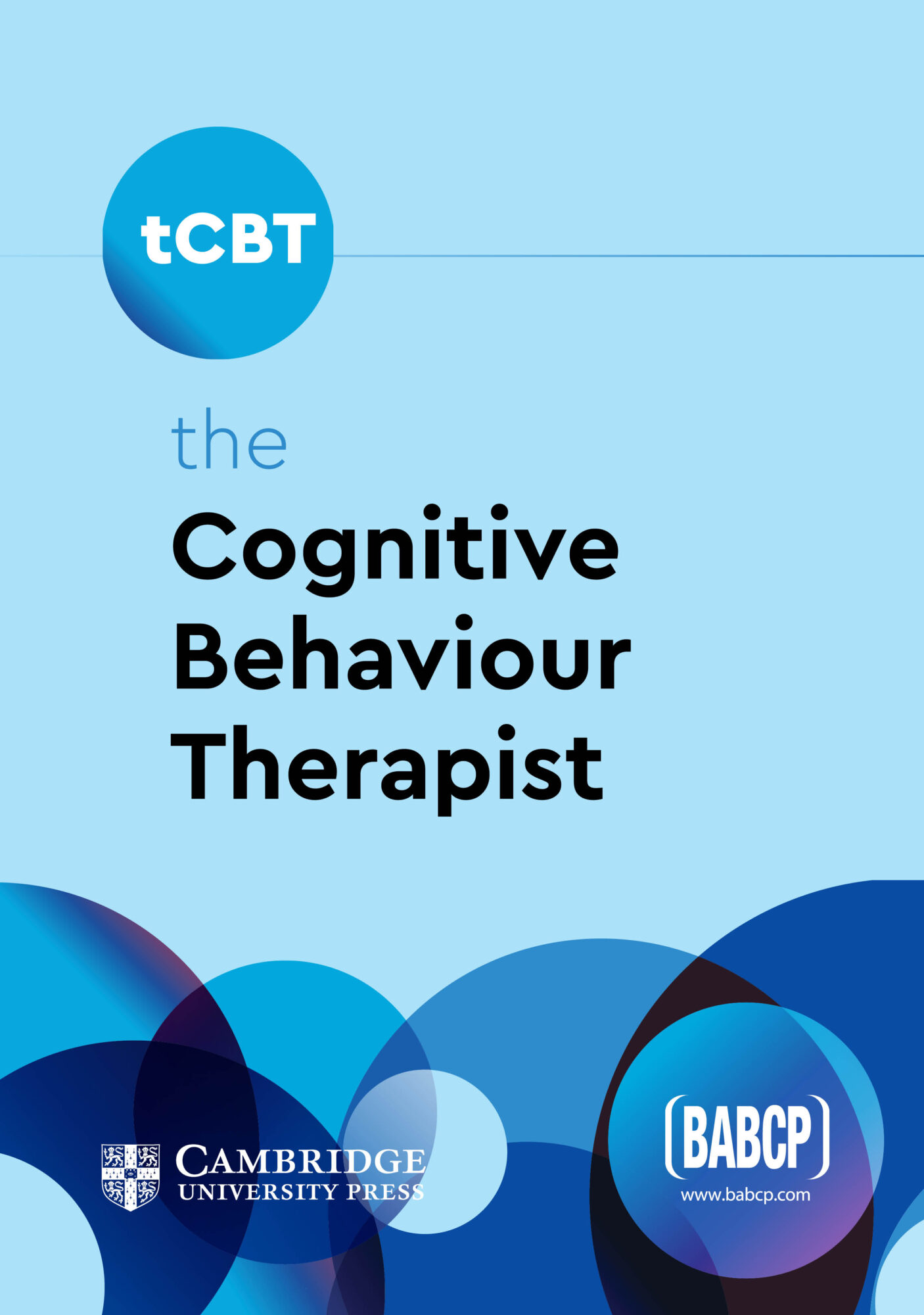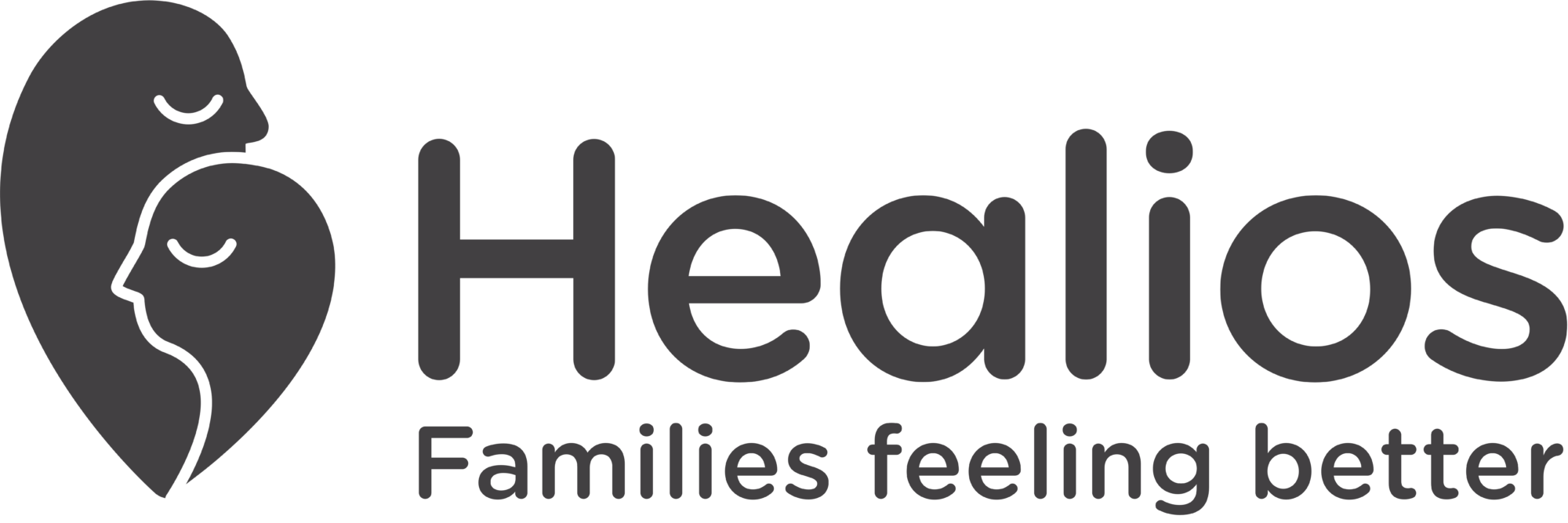Research at Healios
Healios is changing the way mental health and neurodevelopmental services are delivered.
Innovation, outcomes and research are central to this work. Whether it’s exploring how best to support families after an autism diagnosis or testing new multimodal treatment options for anxiety, our Healios Research team is constantly pushing the boundaries of what’s possible.
Research opportunities
Help us shape the future of research and development at Healios and get involved in our latest studies. Discover our current research opportunities below.
Have a question? Contact our research team here.
Publications
2023

App characteristics and accuracy metrics of available digital biomarkers for autism: a scoping review
Peer-reviewed paper
We synthesised the available evidence about digital biomarker tools that have been developed to aid with the diagnosis of autism
What we found:
- We found four products (one commercial, three research) with limited information on their validation process and metrics.
- The metrics of these products were not clearly reported in some cases, and varied greatly across apps. Methods for their evaluation also varied, limiting comparability between tools.
- We highlighted the need for a standardised and transparent validation process of digital biomarker apps, in addition to how they are reported
Why it matters:
Standardised and transparent evaluations of digital health tools in diverse populations are needed to help researchers, clinicians and end users adopt novel tools within clinical and research practices.

“I am surprised that it works so well”: clinicians’ views on delivering psychological assessments and therapy to young people in a fully-digital mental health service
Peer-reviewed paper
We explored Healios clinicians’ views towards delivering mental health care in a fully digital service
What we found:
- 96% of clinicians reported confidence in the effectiveness of online working
- 85% of clinicians enjoy working remotely, and 71% thought they would continue to do so over the next 5-10 years
- Clinicians viewed an online delivery of mental healthcare favourably since it allowed the clients to be in a more natural and comfortable environment
- Clinicians satisfaction with remote working related to the quality of training received, and the number of technical issues faced alongside their confidence in resolving these
Why it matters:
It is important to understand how clinicians feel about delivering their services remotely. Our research showed that clinicians feel confident delivering mental health care in a remote setting, and they also view it favourably to in-person in many cases.

Digital mental health interventions for people with epilepsy: A systematic review
Peer-reviewed paper
What we did:
We reviewed what digital mental health interventions are available for adults, children and young people with epilepsy, and explored how effective they are
What we found:
- We found seven different types of digital interventions, all of which were based predominantly on CBT and mindfulness techniques
- These interventions showed promising results in reducing symptoms of depression, and some showed encouraging results in reducing anxiety and improving quality of life
Why it matters:
Existing digital mental health interventions for epilepsy seem to be effective, and they have the potential to improve access to psychological interventions and reach underserved clinical populations
2022

The effective delivery of digital CBT: A service evaluation exploring the outcomes of young people who completed video conferencing therapy in 2020
Peer-reviewed paper
What we did:
We evaluated the effectiveness of Healios’ video conferencing CBT service in improving mental health for children and young people
What we found:
- Using a dataset of 707 children and young people, we found a significant reduction in symptoms of anxiety and depression, and significant progress towards personalised goals
- 92% of users reported they would recommend our service
Why it matters:
We have shown that children and young people are satisfied with CBT being delivered via interactive video conferencing therapy, and that it is effective in reducing symptoms of anxiety and depression. This is important to know because remote delivery of these services can help make CBT more accessible and scalable, ultimately increasing health equity.
2021

Digital mental health and neurodevelopmental services: Case-based realist evaluation
Peer-reviewed paper
What we did:
We evaluated 9 case studies of children and young people who had accessed Healios’ neurodevelopmental and mental health services
What we found:
- We found clear evidence that young people and their families valued the responsiveness and flexibility of a web-based mental health service, in addition to how quickly they were seen
- Children and their families showed high satisfaction with the service and that their individual needs had been met
Why it matters:
We showed how web-based delivery enables young people and their families to access assessments and interventions in a more timely, flexible, and person-centred manner than in-person delivery.
Contact us
If you want to participate in one of our research studies or if you want to collaborate with us, please complete this form or email us directly on [email protected]
